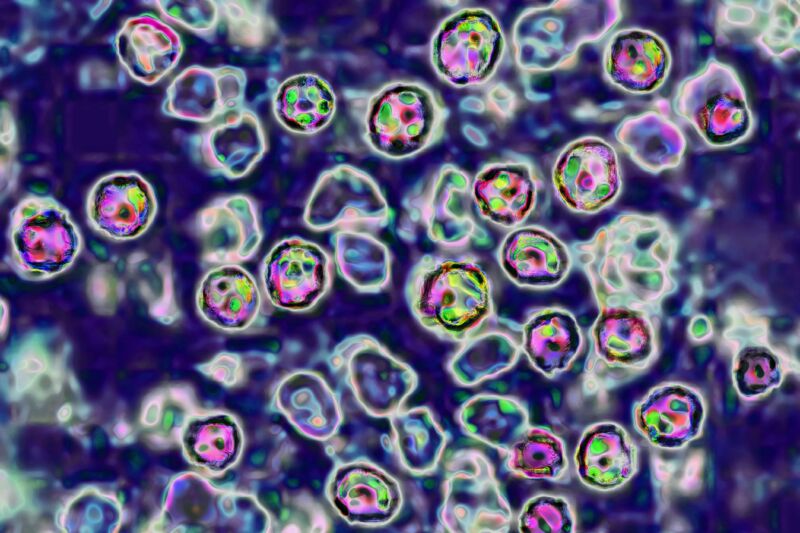
A team of health experts from the Centers for Disease Control and Prevention arrived in Chicago on Tuesday as officials identified three new measles cases amid a flare-up of cases at a migrant shelter in the city’s Pilsen neighborhood.
So far, there have been seven cases identified at the Halsted Street shelter. In addition to the three cases identified today, there were two young children, one recovered and one hospitalized in good condition as of March 10, and according to an announcement on Monday, March 11, two adults who were reported in good condition.
The seven cases come just days after the city’s health department announced a measles case in a Chicago resident with no recent travel outside of the city and no reported connection with the shelter. The case, announced on March 7, was the first measles case identified in the city since 2019, officials noted. It remains unclear how that resident contracted the highly infectious virus, though the health department noted that the person had been in contact with domestic and international travelers. The person was said to be recovering well at home, and their infectious period ended on March 6.
The measles cases at the shelter have led to a massive response—and strong encouragement from health officials for vaccination. The city’s health department on Monday reported that, along with help from other area health officials and health care providers, it had “successfully vaccinated more than 900 shelter residents with the measles-mumps-rubella (MMR) vaccine.” Those newly vaccinated shelter residents are to stay at the shelter for 21 days until their immunity from the vaccination reaches full effectiveness. Meanwhile, more than 700 shelter residents, who had been assessed and found to already have immunity to measles from either prior vaccination or infection, were allowed to move freely in and out.
In a statement Monday, the city’s health commissioner Olusimbo “Simbo” Ige called the response a “massive operation.” She thanked health partners and shelter residents for “understanding the need to get vaccinated and quarantine. … Vaccination remains by far the most effective way to prevent the spread of measles. New arrivals and all Chicagoans should get the MMR vaccine if they haven’t already.”
Contrast with Florida
Chicago’s proactive response, full-throated calls for vaccination, and collaboration with the CDC are in contrast to the approach Florida’s health department took in a recent measles outbreak. That outbreak began last month in a Broward County elementary school with a vaccination rate reported to be below the target of 95 percent. To date, Broward has reported nine measles cases, all in children. However, the health department has not released data on if or how all nine cases are connected to the school, nor has it reported the vaccination status of those cases.
During the initial response, Florida’s health department went against CDC guidance and did not have unvaccinated children stay home during their potential infectious period after exposure to the highly infectious virus. In a February 20 letter sent to parents of the elementary school’s students, Florida Surgeon General Joseph Ladapo—who is known for spreading anti-vaccine rhetoric and vaccine misinformation—told parents that the health department would leave it up to parents to decide if their children should attend school.

